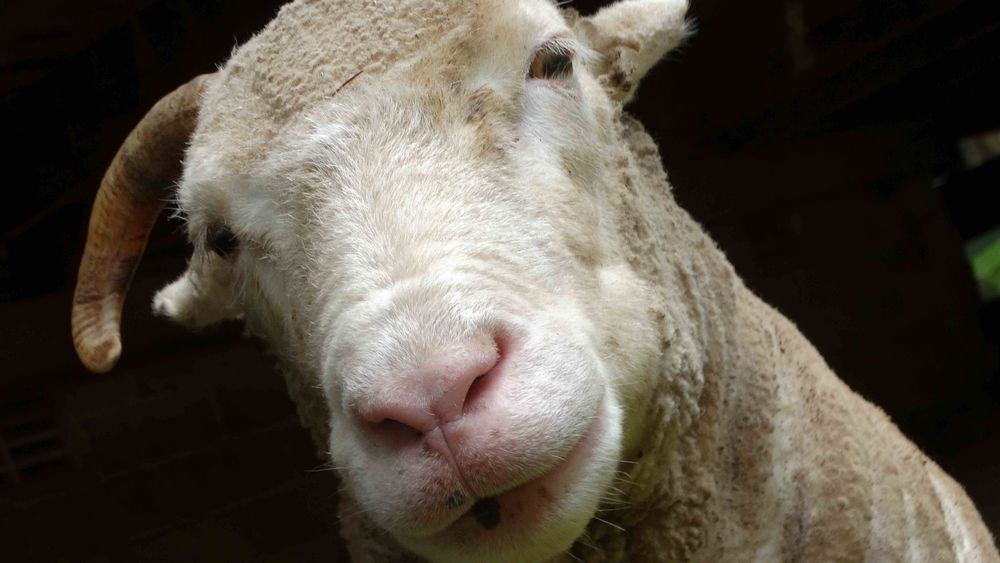Getting over ourselves
A man just came by who’s been doing some work for us and, charmed again by the sheep, mentioned he’s been telling his children about them, and they’re asking him if they can ‘have’ sheep. He lives on five acres further down the mountain and has the space; you can tell he’s as interested as they are. But I’m not sure I trust him to take only – to wait for – ‘rescue’ sheep. I suspect, if he and his family decide to ‘have’ sheep, he’s more likely to go out and buy a couple from some farmer nearby.
From one angle that’s just not on. One rescues sheep when one can, but one doesn’t buy them, since this only supports the industry. Any sheep taken out of the system in this manner will be swiftly replaced.
Should this man be discouraged then? It’s not as simple a question as it appears.
On the one hand there’s a chance any sheep we rescue will be replaced just as readily, and arguably neither of us, rescuers or purchasers, are making much difference. But on the other we are, each of us, saving some lives, and, although we cannot hope to change the culture of millennia overnight or even in our lifetimes, we can’t discount – daren’t, for in some ways it’s one of the few things we have – the possibility that the example we set, of choosing to let live, to befriend and help rather than master, exploit and devour, will have, cumulatively, some effect. One of the children of this man may decide that he or she will not eat meat, because of the sheep he or she has known. Or a friend might. The man himself might. The odds are against these things – the countervailing pressure is intense and relentless – but they’re much worse if we do nothing.
A lot of the time we can barely see the effects of our actions and lifestyles, but what kind of effects will we see if we don’t do what we are doing? T. asked me, numerous times, in darker moments, in our first years, what the point was in all our advocacy: we didn’t see changes, or saw only minor ones. In three or four years we could point to no friend or acquaintance who’d become vegan. But now, another five years on – friends, acquaintances, students – we can think of a dozen.
Whether such things have anything in particular to do with any one of us is anybody’s guess. Few of us have any idea what effect our choices and lifestyles and actions and practices have on others; but (a) if we truly believe in them we will do them regardless; they will be unconditional and won’t in any way depend upon visible successes or credit to ourselves, and (b) if we don’t do them – if we give up because we can’t see evidence of our effects upon others – we give tacit permission for everyone else to give up also, and then where would we be? More importantly, where would so many non-human animals be?
In some ways our own patience, commitment and – I was going to say persistence, but I think consistency is the better word – are some of the best devices we have. In some vital senses we don’t know who we are – that’s for others to decide – and the desire to see the positive effects of our actions and examples, the desire to be rewarded in this way, might ultimately be irrelevant and, worse, counterproductive. In this, as in so many other ways, we must get over ourselves. We are not doing this for ourselves.
This essay, from Brooks’s book Turin: Approaching Animals, is published with permission of Brandl & Schlesinger.
David G. Brooks is a poet, novelist, short-fiction writer, and essayist. He has taught literature at various Australian universities, and from 1999 until 2018 was co-editor of Southerly, the premier journal of Australian literature and new Australian writing. He is the author of Turin: Approaching Animals, The Grass Library, the collection of essays Animal Dreams, and many other award-winning works. Currently, an honorary associate professor in Australian literature at the University of Sydney, Brooks is a vegan and animal rights advocate and lives, with rescued sheep, in the Blue Mountains of New South Wales.
